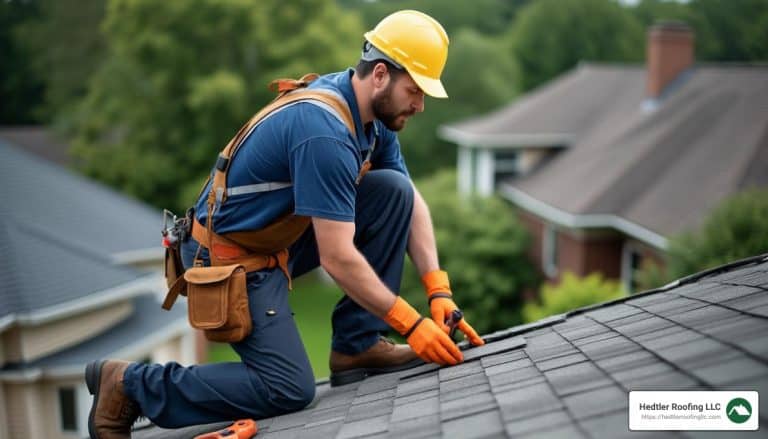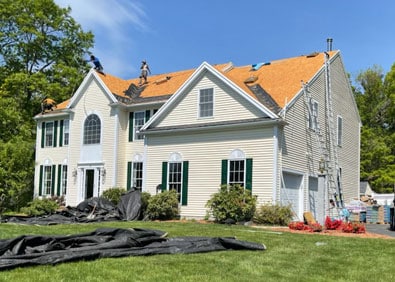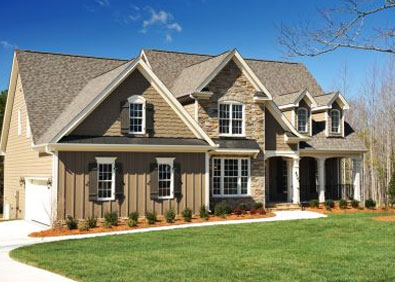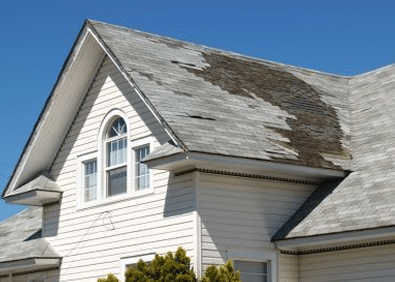
Understanding how long does a roof inspection take is essential for homeowners in Massachusetts, who need to ensure their homes remain resilient against the region’s harsh weather conditions. Generally, a roof inspection takes 45-60 minutes, but can extend to several hours depending on factors like roof size and complexity. Regular inspections not only protect your home but also potentially lower insurance premiums by identifying issues early.
Roof inspections are crucial for maintaining the integrity and value of your home, especially in areas like Franklin and Bellingham, MA, where weather extremes are commonplace. They provide peace of mind, helping you avoid unexpected repairs and ensuring your roof can withstand the elements for years to come. This process involves assessing both external and internal areas of the roof to spot any signs of damage or potential issues.
I’m Jason Hedtler, owner of Roof Experts with over 20 years of experience in delivering top-notch roof inspections and services in Massachusetts. As an expert, I have a deep understanding of how long does a roof inspection take and the specific needs of Massachusetts homeowners, making it crucial to perform thorough inspections custom to ensure durability and safety.
Basic how long does a roof inspection take vocab:
– how to inspect a roof
– roof inspection checklist
– roof inspection company
When it comes to how long does a roof inspection take, the answer isn’t one-size-fits-all. The duration can vary based on multiple factors. Typically, a roof inspection ranges from 45 minutes to a few hours. Let’s break down the key elements that influence this timeframe.
1. Roof Size
A larger roof naturally takes more time to inspect. More surface area means more components to check and more details to note. For Massachusetts homeowners with sprawling roofs, expect the inspection to lean towards the longer end of the spectrum.
2. Roof Complexity
Complex roofs with multiple angles, valleys, or unique architectural features require a more detailed inspection. Features like chimneys, skylights, and dormers add layers of complexity. Each element needs careful examination to ensure there are no hidden issues.
3. Accessibility
The ease of accessing the roof can significantly affect the inspection time. Steep pitches or roofs with limited access points require additional safety measures, which can slow down the process. In some cases, drones might be used to inspect hard-to-reach areas, which can speed up the process.
4. Inspection Scope
The scope of the inspection also plays a role. A basic visual inspection will be quicker than a comprehensive one that includes checking the attic for water damage, ventilation issues, or pest infestations. Homeowners opting for a more detailed inspection should allocate extra time.
In summary, while a typical roof inspection might take under an hour, factors like size, complexity, accessibility, and inspection scope can extend this time. Understanding these factors helps Massachusetts homeowners plan better, ensuring their roofs are thoroughly checked to withstand the local weather challenges.
Understanding what happens during a roof inspection can help Massachusetts homeowners feel more prepared for the process. A thorough inspection involves both exterior and interior evaluations to ensure your roof is in top shape. Let’s explore the details.
The exterior part of a roof inspection focuses on the visible components of your roof. Here’s what you can expect:
The interior inspection is just as important as the exterior. It provides insight into potential hidden problems:
By examining both the exterior and interior components, inspectors provide a comprehensive evaluation of your roof’s condition. This thorough approach helps catch issues early, allowing for timely repairs and maintenance to extend the life of your roof.
In the next section, we’ll discuss the cost of a roof inspection and the factors that can influence it.
Understanding the cost of a roof inspection is crucial for homeowners in Massachusetts. It helps you budget and ensures you get the best service without overspending.
The price for a roof inspection can vary widely. On average, you might expect to pay between $120 and $400. This range depends on several factors such as the size and complexity of your roof. Some companies might offer free inspections, especially if there’s the potential for a roof replacement project, but be cautious of hidden costs.
Several elements influence how much you’ll pay for a roof inspection:
Many roofing companies offer maintenance programs that include regular inspections. These programs can be a cost-effective option for homeowners looking to keep their roofs in top condition. They often come with additional perks like discounted repair rates and gutter cleaning services.
Regular maintenance helps catch minor issues before they become major problems, potentially saving you money in the long run and extending the life of your roof.
In the next section, we’ll address some frequently asked questions about roof inspections, including how often you should have your roof inspected.
When it comes to roof inspections, Massachusetts homeowners often have several questions. Let’s tackle some of the most common ones.
Routine inspections are key to maintaining the health of your roof. Ideally, you should schedule a professional inspection twice a year—once in the spring and once in the fall. These regular checks help identify any damage caused by harsh winter storms or scorching summer heat. Additionally, it’s wise to conduct an inspection after severe weather events, like heavy snow or windstorms, to catch potential issues early.
Yes, in many cases, roofers will need to enter your home to conduct a thorough inspection. This might seem surprising, but checking the interior is crucial. Inspectors often look at the attic and other interior spaces for signs of leaks, water damage, or poor ventilation. Attic access is essential because it allows the inspector to assess the underside of the roof and spot any hidden issues that might not be visible from the outside.
Safety is a top priority during any roof inspection. Professional roofers are trained to walk on roofs safely, but certain conditions might make it unsafe. For example, if your roof is steep, damaged, or slippery due to rain or ice, roofers might opt for alternative inspection methods. Drones and infrared technology offer ways to inspect roofs without needing to climb up, providing a safe and effective solution when conditions are risky.
It’s important to hire a reputable company that takes these precautions seriously. Always ensure the roofers you choose are licensed and insured to protect both you and them.
In the following section, we’ll dive into the inspection process itself, highlighting what happens during both the exterior and interior inspections.
At Roof Experts, we understand the importance of keeping your roof in top shape. With over 20 years of experience, our team is dedicated to providing expert roof inspections for homeowners across Massachusetts, particularly in the Franklin and Bellingham areas.
Our inspections are thorough and detail-oriented. We know that a well-maintained roof is crucial for protecting your home from the elements and preserving its value. That’s why we focus on delivering high-quality workmanship and exceptional customer service.
When you choose Roof Experts, you’re choosing a company that prioritizes your home’s safety. Our inspections cover every aspect of your roof, from the shingles to the attic. We make sure to identify any issues before they turn into costly problems.
Our local expertise means we understand the unique challenges Massachusetts weather can pose to your roof. Whether it’s heavy snow in winter or strong storms in summer, we know what to look for and how to address it.
To schedule an expert roof inspection and ensure your home is protected, visit our Roof Inspections page. We’re here to help keep your roof—and your home—in the best condition possible.

Roof Installations

Roof Replacements

Roof Repairs